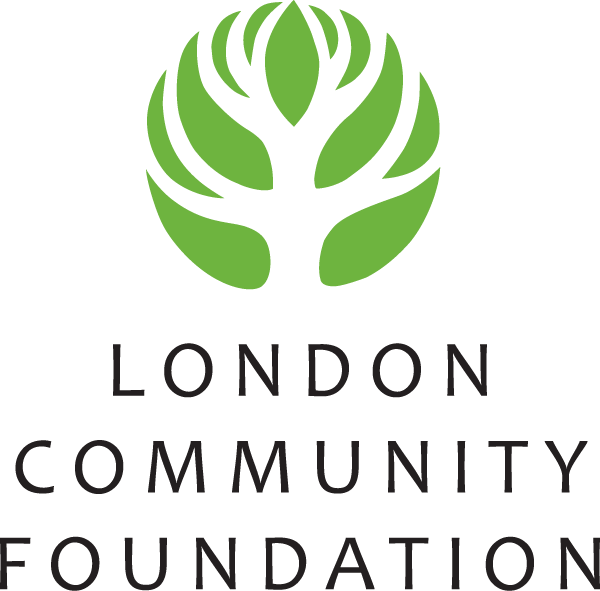Mckenna Harper - Rainbow Youth Bursary Recipient
Mckenna Harper - Rainbow Youth Bursary Recipient
Q: Congratulations on receiving the Rainbow Youth Bursary! What was your reaction to finding out the good news?
A: The first email didn't reach me, but the second was a pleasant surprise. I got it pretty late at night, around 11 ish. I fully woke my father up to tell him, I don't think he fully processed it but we had a little family dinner to celebrate the next day.
Q: You’ve advocated for and a better environment for your LGBTQ2+ peers to multiple different age groups, ranging from Junior Sparks and Brownies to your school teachers. What are the advantages and challenges to advocating to such a range of people?
A: You definitely need to take a different approach for each group. My brownie unit has a nonbinary leader who uses they/them pronouns, and our kids don't really know what a pronoun is. With them it's just things like “Sometimes someone isn't a boy or a girl.” To them it's just a new piece of information, they're used to constantly learning new things about the world. With adults, you have to work your explanation into their existing mindset. Adults tend to be much more rigid in their views, and it's much harder to change their opinion on something. During my GSA presidency, adults at the school were also in an authority position over me, so I definitely had to tread carefully if they said something out of line. It was never much of an issue at Central, but I had to be cautious of it.
Q: Of all the things you’ve done regarding advocacy and leadership, is there one thing that stands out to you that you’re particularly proud of?
A: I was proud of being someone people could depend on. I was able to attend multiple student support meetings, and be designated as a safe person for a lot of club members. It means a lot to me knowing that I’m someone people trust to look out for them during low points. Queer youth need to know someone is in their corner, and I’m so happy I got to be that person.
Q: Do you have plans for any further advocacy work in the future, either short or long term?
A: Well nothing specific is planned, I 100% want to continue my work in advocacy, activism, and mutual aid. I am doing my degree in psychology, starting at Western in the fall, specifically so I can support LGBTQ2+ youth in the future. I have some ideas I would love to put into action in the next year now that I am taking the next step in my journey. I have also been offered opportunities to speak at training sessions for staff in the Thames Valley District School Board in the future.
Q: Are there any small things that members of the public can do to make London and Middlesex County a better environment for LGBTQ2+ people?
A: The main thing we want from people is to listen. If someone in your life comes out to you, listen to them. Their voice matters more than prior prejudices. Support the youth in your community, especially those from marginalized identities. Hang a pride flag, it tells us we are safe in your neighbourhood.
I want people to know, you do not need to 100% understand an identity in order to respect it. You do not need to know why someone prefers to be called “they” over “he” or “she” to do it. I don’t understand math, but I still acknowledge and respect its existence. The best you can do is show LGBTQ2+ people in your life that you hear them.
Q: What would your advice be to other young people who are thinking about getting involved in advocacy or leadership surrounding any issues that they’re passionate about?
A: Do not be afraid to push boundaries. Find someone who will listen to you. I promise at least one person, be it a parent, teacher, principal or relative, will lend you an ear. If a policy is outdated, do not be afraid to push for change. People will be more understanding than you think. Your voice has power. People may feel threatened by you, but your voice is worth hearing.
